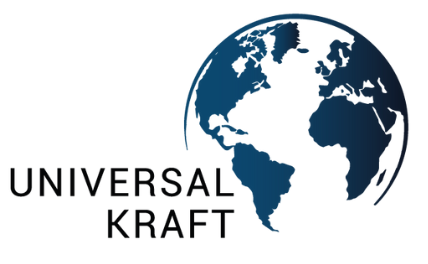
The Renewable Energy and Sustainability Report (RESR) from REN21 says that renewable energy transition sources are the most sustainable since their advantages greatly exceed any potential drawbacks, which can be minimized by implementing current best practices.
The recent pledge made by world leaders at COP28 to triple renewable energy transition capacity by the end of the decade was welcomed by many stakeholders, but there are worries about the potential consequences of such a rapid scale-up.
Reading the REN21’s Renewable Energy and Sustainability Report is pertinent. Based on a year-long investigation and extensive stakeholder consultation process, both within and outside the renewable energy industry, the paper proves that renewable energy transition is the most environmentally friendly option. The paper maps and examines the possible drawbacks of increasing the use of renewable energy transition sources, focusing on important topics such as the usage of land and water, biodiversity, forests, human rights, essential resources, and waste production. The RESR concludes that the advantages of renewable energy sources much outweigh any potential drawbacks, and that such drawbacks may be minimized by using current best practices.
For the first time in the renewable energy industry, REN21’s RESR compiles proof and information from a broad spectrum of sources, including environmentalists, corporate leaders, and human rights organizations. The RESR’s findings show that there is broad agreement on how to maximize the benefits of switching to renewable energy sources while reducing or eliminating any potential negative consequences. The report outlines a number of core sustainability principles, such as the need to engage all relevant parties, especially impacted communities, and to carefully place renewable energy transition infrastructure while preserving natural resources. It also advocates for circularity in renewables supply chains.
To ensure the sustainable use of renewable energy transition, REN21’s RESR also provides a wealth of case studies, guidelines, industry standards, certifications, and best practices that can be used or modified.
The first phase of a dynamic process is REN21’s RESR, a groundbreaking report in terms of methodology and approach. It is designed to track ongoing innovation and technological breakthroughs in the renewable energy sector, including changing laws, regulations, and standards. It is based on knowledge aggregation and multi-stakeholder discussions.
According to data, renewable energy sources are the most ecologically responsible means of preventing pollution, climate change, and biodiversity loss while simultaneously fostering economic expansion, the creation of jobs, energy security, and better human health, according to REN21 Executive Director Rana Adib. The RESR gives decision makers a prescription for a quick, sustainable, and fair energy transition, leaving little space for doubt or justification.
What distinguishes renewable energy from fossil fuels?
It is commonly known that the primary cause of climate change is fossil fuels, which account for 75% of greenhouse gas emissions caused by human activity. Millions of premature deaths are also caused by the pollution that results from their extraction, production, and burning, which also plays a significant role in the decline of biodiversity.
From a life-cycle viewpoint, however, it has been demonstrated that the average median emissions of all renewable energy technologies are significantly lower than those of coal and fossil gas, respectively. Renewable energy transition sources do not have the same long-term effects on land and water as fossil fuel activities and the extraction sites that support them do. Long after the facilities are shut down, the land remains contaminated, deteriorated, and exhausted. Moreover, the majority of renewable energy installations can coexist with other uses, such farming and fishing. To lessen their influence on the land, renewable energy sources can also be used on marginal, contaminated, or degraded property. They can also make use of already-existing infrastructure, such as parking lots, rooftops, railroads, and highways.
Most of the materials harvested for renewable energy transition are highly recyclable and are utilized to construct infrastructure and facilities, in contrast to fossil fuels that are continuously extracted for burning. In 2021, the equivalent of 2.6 billion tonnes of fossil gas, 4 billion tonnes of oil, and about 8 billion tonnes of coal were extracted for fossil fuels; For the purpose of producing renewable energy sources, however, just 21 million tonnes of copper, 2.6 million tonnes of nickel, 0.17 million tonnes of cobalt, and 0.11 million tonnes of lithium were removed.

A small portion of the anticipated rise in material demand is attributed to growing solar photovoltaics (PV) and wind energy in many energy transition scenarios. The majority of the rise in material consumption can be attributed to electricity networks and battery storage, especially for electric vehicles. These elements are necessary for a shift in systemic energy.
Reducing the consumption of non-renewable resources (like vital minerals) can be achieved by implementing sustainable mobility practices including walking, cycling, and public transit, as well as by increasing energy efficiency. Critical material consumption will be reduced by design decisions, circularity implementation, and technological developments.
Font: Renewable Energy Magazine

Universal Kraft leads in renewable energy, providing crucial solutions for sustainable transition. Our initiatives drive positive change in climate, biodiversity, and economic growth, contributing significantly to global renewable energy advancement.




